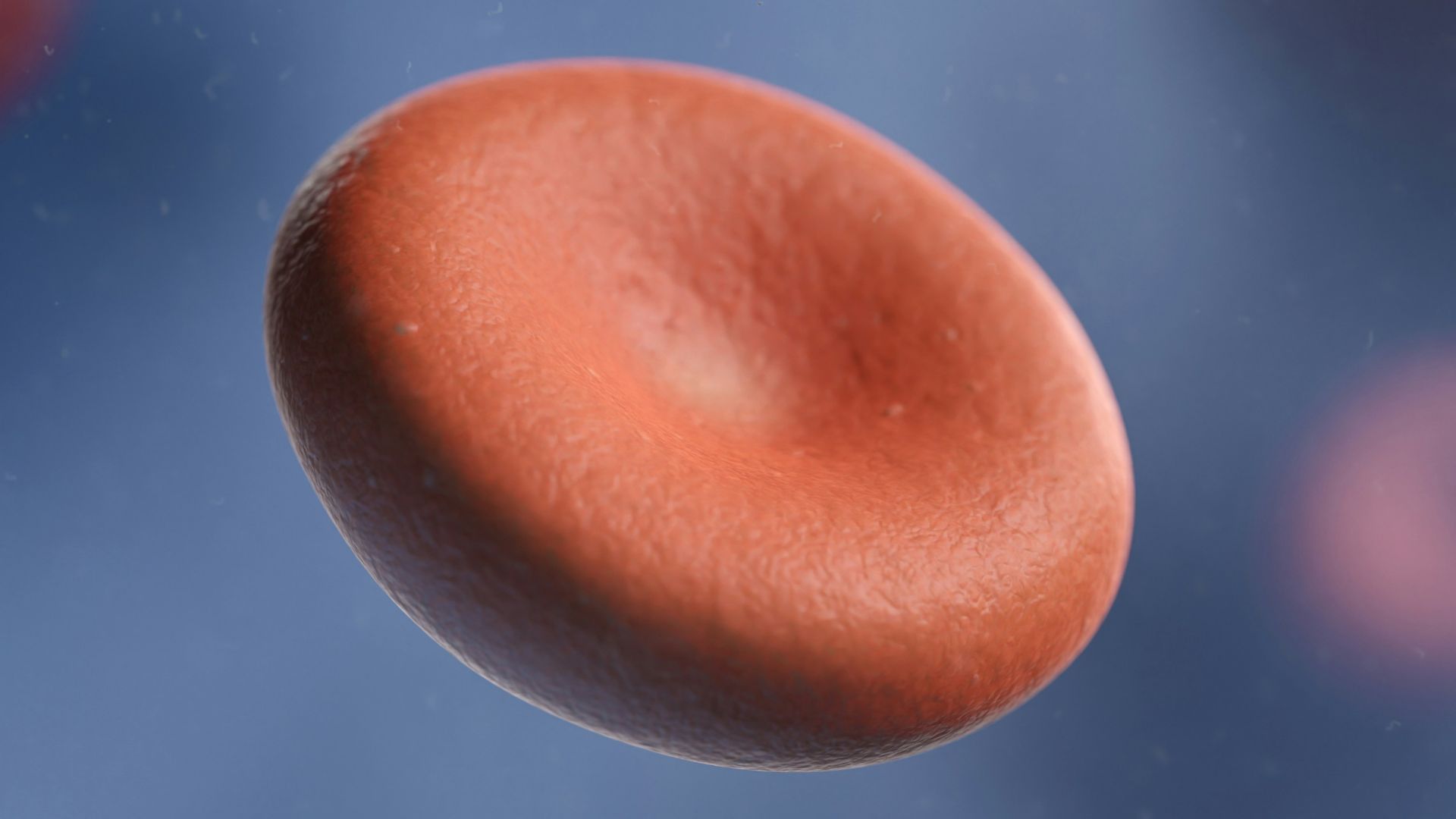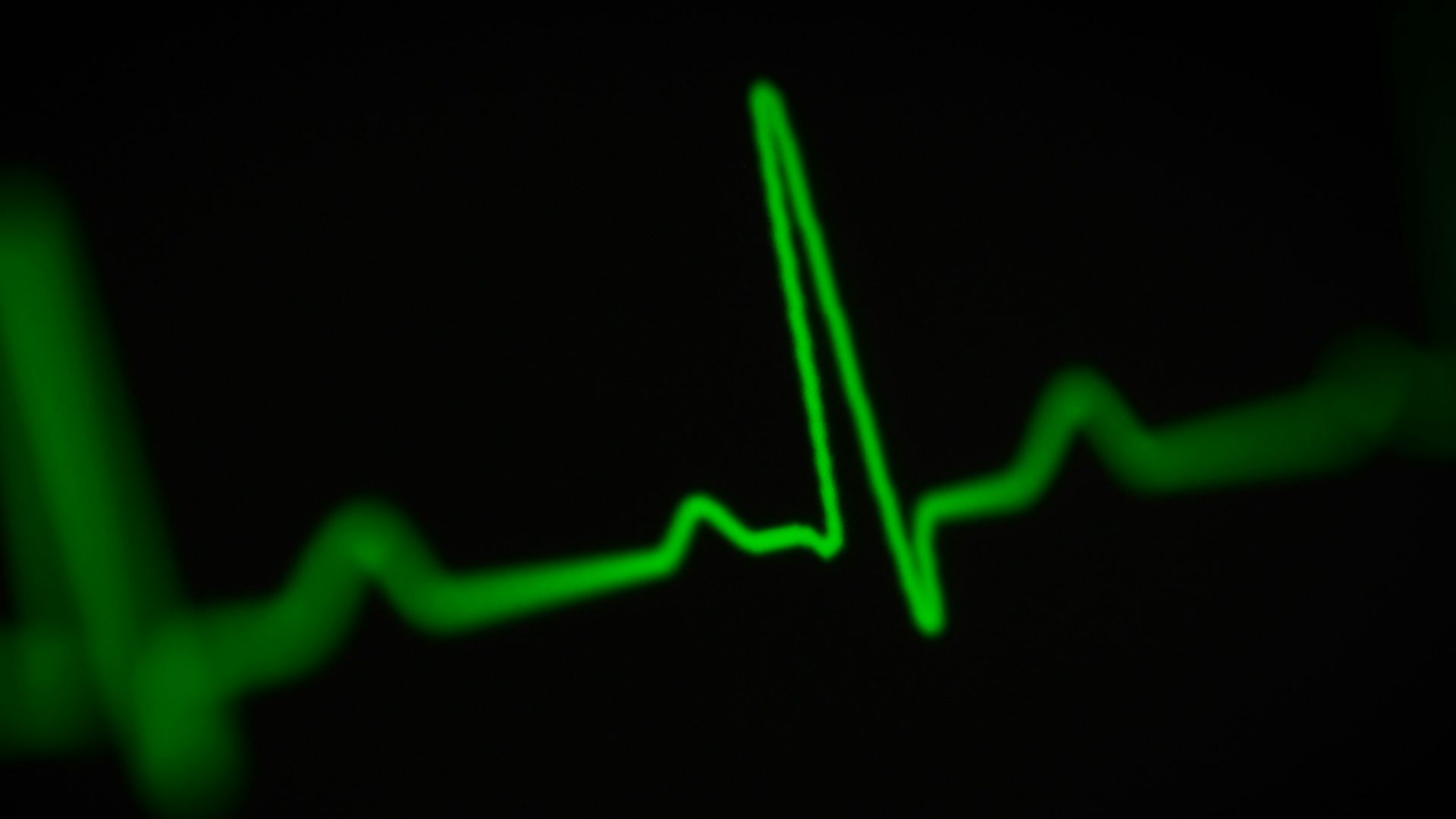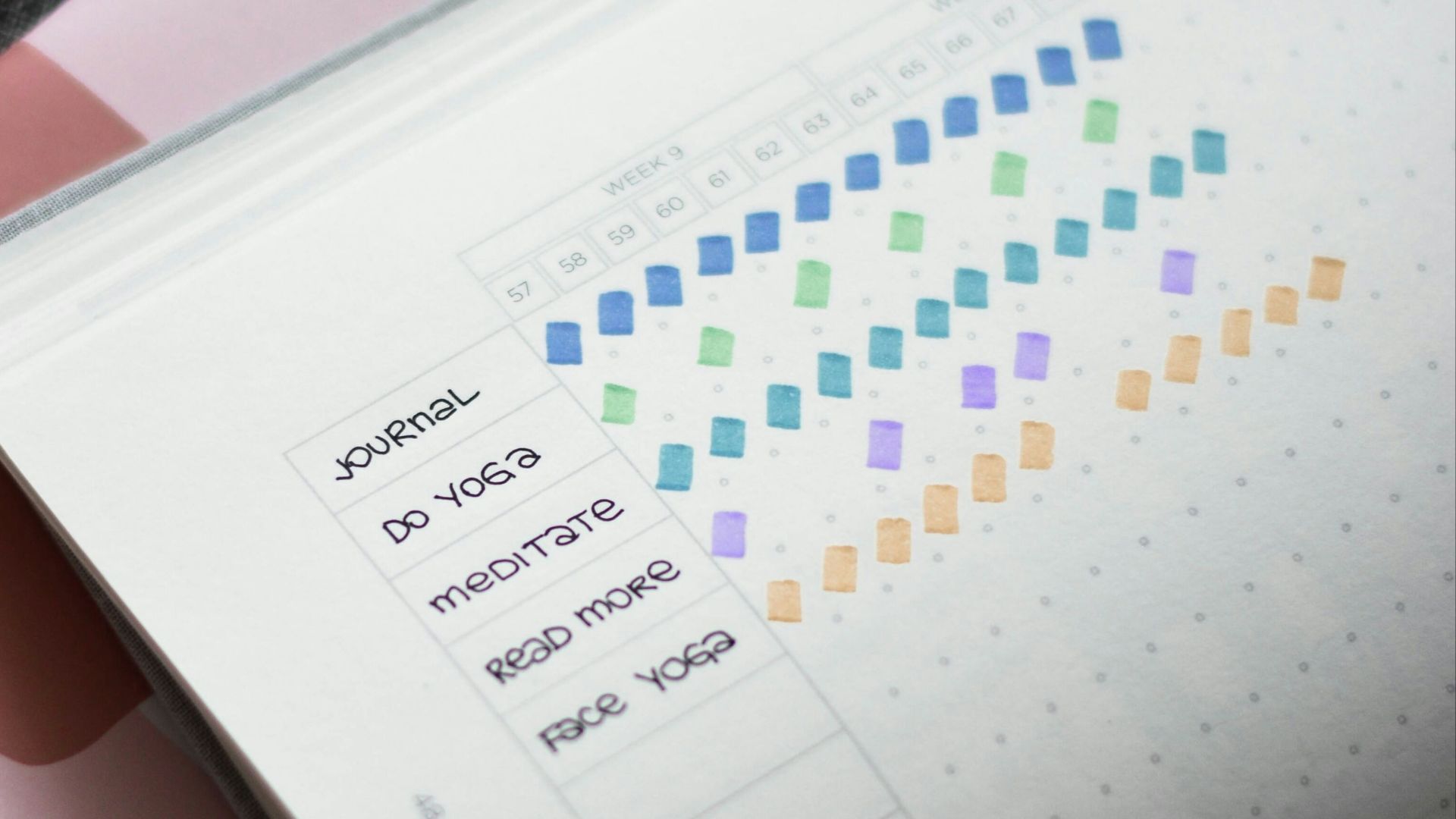Mysteries No More
Unfortunately, many people don't feel as good as they should. Rather than get to the bottom of it, most people tend to do one of two things: ignore their symptoms, or consult WebMD, which tells them they have a rare form of cancer. Often, some of the symptoms that are weighing down your days are easily treatable; let's look at a few.
1. Dizziness
There are a ton of reasons why you could feel dizzy, and most of them are no cause for alarm. Inner ear problems such as earaches or vertigo are one of the most common causes of dizziness. However, low blood pressure and dehydration can also lead to dizziness.
2. Fatigue
While fatigue can be linked to a bad night's sleep, there are so many other factors which influence wakefulness. Poor diet and a sedentary lifestyle can make you feel tired even on the most low-effort days. Vitamin deficiencies, which we will get into soon, can also cause fatigue.
3. Migraines
Migraines are worse than regular headaches, creating a pulsing sensation on one side of your head. While we haven't yet figured out what causes chronic migraines or how to prevent them, there are a ton of ways to sooth the pain. If you feel one coming on, dim the lights and lay down in a cool room.
4. Hair Loss
Hair loss can be connected to aging or hormonal changes, but there are several other factors which can lead to thinning or outright loss. Stress, changes in medications, and vitamin deficiencies can all lead to hair loss. Hair loss can also lead to insecurity and/or anxiety due to a warped self-perception.
5. Anemia
About a quarter of the world's population have anemia, a condition where your red blood cells don't work as required. Anemia is easily detected via blood test and can cause several of the symptoms on this list such as fatigue and dizziness. The easiest treatment for anemia taking supplements such as iron, folate, and vitamin B12.
6. Joint Pain
Joint pain may be a symptom of rheumatoid arthritis, or it may be caused by something much simpler: vitamin deficiency. While calcium is the vitamin most commonly associated with joint pain, it doesn't work alone. Vitamins B12 and D are essential for nerve and joint function.
7. Restless Leg Syndrome
Restless Leg Syndrome, or, Willis-Ekbom disease, can arise at any time or age, though it is worst in the evening. RLS can interfere with your ability to get a good night's sleep, which in turn leads to increased fatigue. RLS is easily treated through medication and supplements.
8. Irregular Heart Rhythm
Sometimes, irregularities with your heart's rhythm aren't cause for major concern. You could just be low in potassium! Potassium helps maintain healthy blood pressure by offsetting some of the effects of sodium. Potassium deficiency can lead to abnormal heart rhythm along with excessive sweating and constipation.
9. Seasonal Affective Disorder
Even people who have otherwise stable mental health throughout the years can find themselves listless and sad at the onset of Winter. Seasonal Affective Disorder is more than just January Blues. SAD occurs due to chemical imbalances in your brain, especially for those at more northerly latitudes.
10. Nausea
Almost 3/4 of Americans don't get enough magnesium. This essential mineral aids in energy production and bone health. However, it can also affect your appetite, with loss or appetite and nausea as common symptoms of magnesium deficiency.
Now that we've gone over some common ailments, let's look at a few easy ways to treat them.
1. Drink Water
While drinking enough water won't solve every problem in life, it will sure solve a lot of them. Water enhances brain function, keeps your skin elastic, and makes sure everything is regular in your bowels. Water is also important in the absorption of certain minerals.
2. Eat Fatty Fish
Fatty fish has a ton of benefits besides a delicious taste. The omega-3 fatty acids in fish such as salmon, trout, and mackerel help everything from your brain to your heart. The American Heart Association recommends two serves of fatty fish a week.
3. Try Supplements
We've talked a lot about vitamin and mineral deficiencies in this article. Luckily, these deficiencies are among the easiest to treat! If you don't get enough of a certain vitamin or mineral in your diet, supplements will help replenish your levels and have you feeling better.
 Supliful - Supplements On Demand on Unsplash
Supliful - Supplements On Demand on Unsplash
4. Practice Good Sleep Hygiene
You probably aren't getting the sleep you need. Whether it's eye-straining blue light from your phone, noisy neighbors, or a mattress that should have been replaced years ago, there are a ton of factors contributing to poor sleep—and a ton of ways to fix it! One of the easiest ways is to make your bedroom a cool and dark environment which will help you fall asleep and stay asleep.
5. Prioritize Exercise
Exercise is hard to fit in a busy schedule; you don't have to tell us twice! As temperatures dip lower and lower, so does your motivation to exercise. However, even something as little as an indoor walk can improve your mental and physical health.
6. Try Light Therapy
If you struggle with SAD or a wonky sleep schedule, light therapy is one of the easiest forms of treatment. Light therapy is used when the days are short and grey by mimicking sunlight to boost vitamin D and serotonin. Just 30 minutes of light therapy a day can boost your mood!
7. Track Your Symptoms
Symptoms, just like habits can be tracked. If you have headaches, keep a headache diary; if you experience persistent nausea, it's worth examining your diet. Sometimes, the process of elimination can bring you closer to an answer.
8. Eat A Healthy Diet
While we specifically highlighted fatty fish, it's worth remembering that there is no one key to a healthy diet. A healthy diet looks different for everyone. However, one thing we can all agree on is that a healthy diet will have you feeling better in your body.
9. Listen To Your Body
Your body is a complex machine with a lot of moving parts. Like any machine, parts of your body will break down sometimes. It's important to understand what messages your body is trying to tell you so you can figure out how to help it.
 Kira auf der Heide on Unsplash
Kira auf der Heide on Unsplash
10. Talk To A Doctor
One of the most important things to remember is that you aren't in this alone. While vitamin deficiencies and other common ailments aren't normally cause for major concern, they can still be frightening and cause distress. A good doctor will reassure you and help you down the path to recovery.
KEEP ON READING

20 Natural Ways You Can Boost Your Immune System

20 Ways To De-stress & Relax After Work

The 10 Most Common Diseases & The 10 Most Rare























